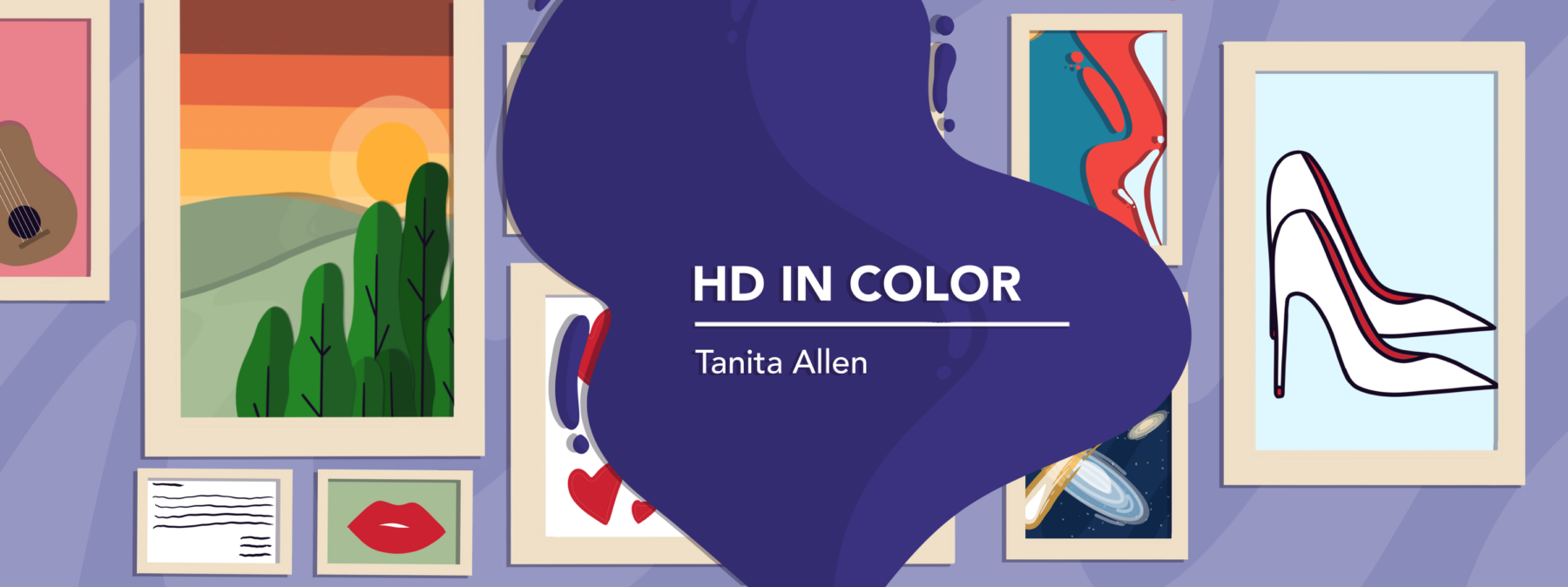Dating with a chronic and terminal illness taught me to value my worth
I’m a whole person with joy, strength, passion, dreams, and yes, challenges
Written by |

Dating is already hard enough in this world of ghosting, swiping, and shallow connections. Add a terminal illness like Huntington’s disease into the mix and it becomes a minefield of awkward conversations, emotions, and misunderstandings.
In the decade that I’ve been living with Huntington’s disease, I’ve been ghosted, pitied, grilled with invasive questions, and outright rejected by people who claimed they were open to love, just not this kind of love.
In the beginning, I used to dread the moment when I’d have to disclose my diagnosis to someone I was dating. I’d rehearse what I’d say, how to say it, and when. There’s no guidebook for this part. Do I tell them on the first date? Should I wait until I know they like me? Is it deceitful to hold off on sharing something so major, or is it wise to guard my heart for just a little longer?
When the tone shifts
Eventually, when I did tell someone I was dating that I had Huntington’s disease, the reactions followed a familiar pattern. First came the polite curiosity. Then, the awkward silence. Finally, the Google search. That’s where things usually fell apart.
Most people had never heard of Huntington’s before I told them. But once they looked it up and read the worst-case scenarios or watched terrifying YouTube videos of someone in the late stages of the disease, the tone of the relationship shifted. I could feel it in the way they texted less, how our calls got shorter, or how they asked things like, “So, is it fatal?” Or, “Are you going to get worse?”
Then came the goodbye. Sometimes it was an honest conversation, sometimes it was silence that spoke volumes.
At first, I was crushed. It was hard not to take it personally. There I was, already dealing with a diagnosis that had flipped my world upside down, and now I was being judged for it — defined by it — before someone even had the chance to really know me. I started to wonder if I’d ever find someone who could love all of me, illness included.
For a long time, I internalized these rejections as a reflection of my worth. I thought maybe I was too much, too complicated, too broken. I worried that Huntington’s had stolen not only my physical freedom, but also my chance at love, partnership, and all the beautiful, messy things that come with intimacy.
But something shifted over time. The more I grew into my identity as a woman with Huntington’s, the more I began to see these painful dating experiences through a different lens. What felt like rejection at the time now feels like divine protection.
No longer afraid
If someone is scared away by a diagnosis, if their first instinct is to run after watching a video, or if they can’t sit with the uncertainty that this illness brings, then honestly, they’re not my person. And that’s OK.
Here’s the truth: Loving someone with a terminal illness isn’t for the faint of heart. It takes compassion, patience, resilience, and a willingness to walk through hard things without running away. If someone can’t even sit through a Google search without bolting, they’re definitely not built for the long haul.
And I deserve someone who is.
I’ve realized that I’d rather be single than in a relationship where I have to beg for empathy or hide parts of myself to feel loved. I don’t want to waste time convincing someone that I’m worth the “risk.” I’m not a tragedy waiting to happen. I’m a whole person — with joy, strength, passion, dreams, and yes, challenges. I want love that doesn’t see my illness as a deal-breaker, but as part of the complex, beautiful package that is me.
These days, I’m much more direct. I’m no longer afraid to disclose my diagnosis. I do it with honesty and confidence, not shame. If they walk away, they walk away. I’d rather know early on than invest in someone who can’t show up for me when it matters.
Dating with Huntington’s has taught me to protect my peace and value my time. It’s helped me build a deeper relationship with myself. I’ve learned that my worth isn’t tied to whether someone stays or goes. My life is not on pause waiting for romance to validate me.
If love comes into my life, it will be the kind that sees me — truly sees me — and doesn’t flinch at the truth of my story.
Note: Huntington’s Disease News is strictly a news and information website about the disease. It does not provide medical advice, diagnosis, or treatment. This content is not intended to be a substitute for professional medical advice, diagnosis, or treatment. Always seek the advice of your physician or other qualified health provider with any questions you may have regarding a medical condition. Never disregard professional medical advice or delay in seeking it because of something you have read on this website. The opinions expressed in this column are not those of Huntington’s Disease News or its parent company, Bionews, and are intended to spark discussion about issues pertaining to Huntington’s disease.






Leave a comment
Fill in the required fields to post. Your email address will not be published.